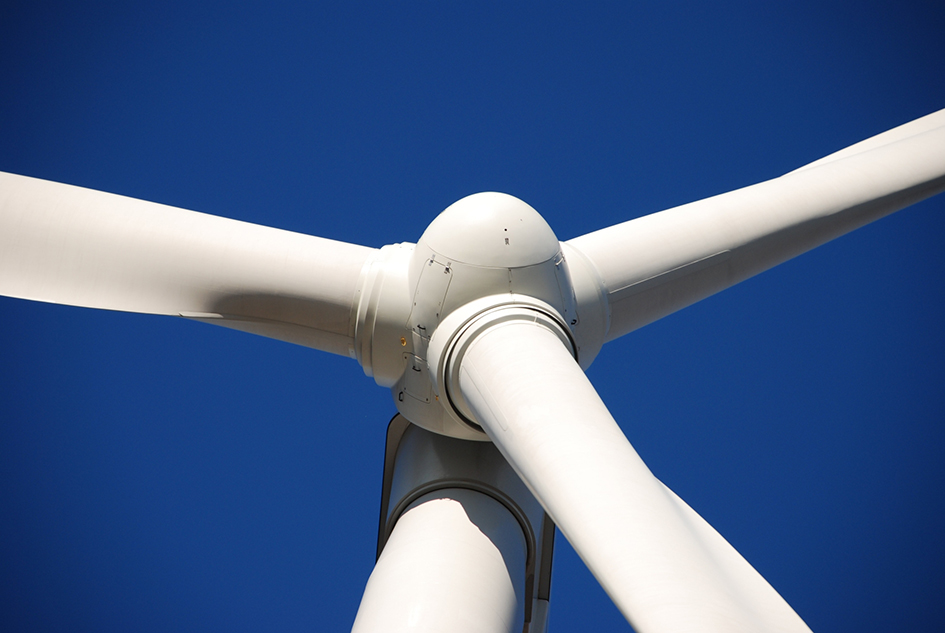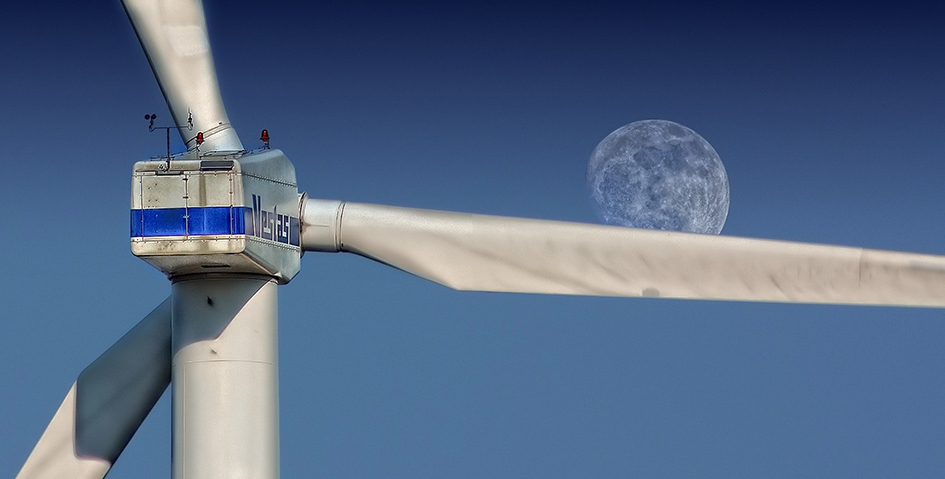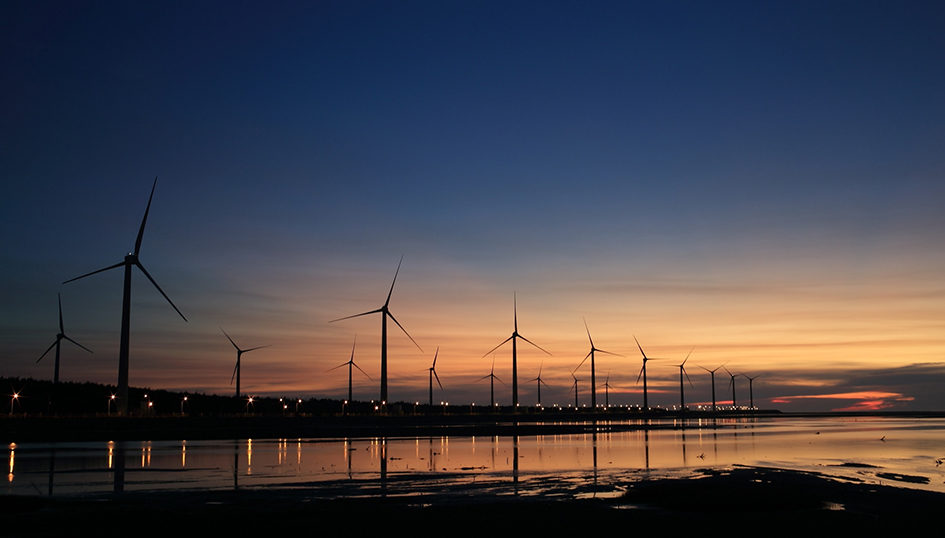The European Society for Precision Engineering and Nanotechnology, euspen, is delighted to announce its first Special Interest Group Workshop on Precision Engineering for Sustainable (renewable energy) Systems, with technical and commercial sessions covering Wind, Solar and Oceanic power generation and storage. Being held on the 9th and 10th October 2019, at the University of Strathclyde, Scotland.
You can find out more and register at www.euspen.eu/events/sig-sustainable-systems-2019
Historically, the prevalent precision machines available have always been at the forefront of each industrial revolution, providing the conduit between the ideas and concepts allowing them to be turned into the economical production of beneficial physical objects. As such, it is likely the emerging Sustainable Revolution could be the start of a new golden age for the planet and humanity.
While there is no shortage of renewable energy systems available at ever-decreasing costs, they are not evolving fast enough to economically transition to a low carbon economy. So, the primary purpose of this workshop is to bring together people from academia, industry, and government to share experiences using precision engineering principles to help develop new ideas and manufacturing systems to reduce production and ownership costs.
Areas of interest include automated precision production of components and systems ranging from manufacture of solar cells and panels to their installation and maintenance; to ever-larger wind turbines on and offshore including in-situ manufacturing of larger scale elements; to energy storage systems from batteries to hydro power systems.
Renewable technologies take natural energy sources to generate electricity for local consumption or nationally via the grid. Fuel sources include wind, wave, marine, hydro and solar. It can also be made using sources of natural energy that are quickly replaced, such as biomass.
Renewables produce more than 20% of the UK’s electricity, and EU targets means that this is likely to increase to 30% by 2020. From 2020, renewable energy will continue to be an important part of the strategy to reduce carbon emissions. To achieve this, a range of technologies will need to be used, such as onshore and offshore wind farms, biomass power stations and/or hydropower systems.
The UK is well placed to take advantage of wind power, with some of the best conditions in Europe and high average wind speeds. Both onshore and offshore wind farms are an important part of where the UK sources its energy. The UK has invested significantly in offshore wind and has installed as much capacity as the rest of the world combined. Subjects covered in presentation at the event will include actuators, gearing and controls; blades and materials, as well as towers.
Themes for solar energy include concentrating solar power (CSP), and photovoltaics (PV). Solar photovoltaics are panels that convert the rays of the sun into energy. Current installed capacity exceeds 8.7 GW and is increasing rapidly, with year-on-year growth exceeding 80% in 2015.
Marine technologies are expected to make a significant contribution to renewable power generation after 2020. And, the themes here will include wave; tidal; offshore wind, as well as automated aquaculture and mineral harvesting
While hydroelectric power is an established technology in the UK, where the flow of water is used to turn turbines to generate electricity. There are different types of hydro power including those using the natural flow of the river or dam storage schemes. Marine and wave technologies use the energy in the ocean to produce electricity.
Storage of energy is an important area for technical and commercial development and the themes here will include the physical and chemical methods of retaining generated power, such as hydro; flywheel; battery and thermal.

Last year, Scottish Power became the first major UK energy firm to completely drop fossil fuels in favour of wind power. The company plans to invest £5.2 billion over four years to more than double its renewable capacity. In fact, wind turbines in Scotland generated almost twice the entire country’s domestic power requirements in the first six months of 2019.
This May, the UK registered its first coal-free fortnight and generated record levels of solar power for two consecutive days, powering more than a quarter of the country’s daily electricity consumption.
More UK electricity is to come from zero-carbon sources than from fossil fuels this year – the first time since the industrial revolution, according to the National Grid. Green energy sources have more than doubled their contribution to Britain’s energy mix from 22.3 per cent in 2009 to 47.9 per cent in the first half of 2019.
“With the cost of renewable energy sources coming down, and onshore wind and solar power frequently cheaper than fossil fuels, we feel it is the perfect time to host this focused workshop,” states euspen’s Business Development Manager, Dishi Phillips.





